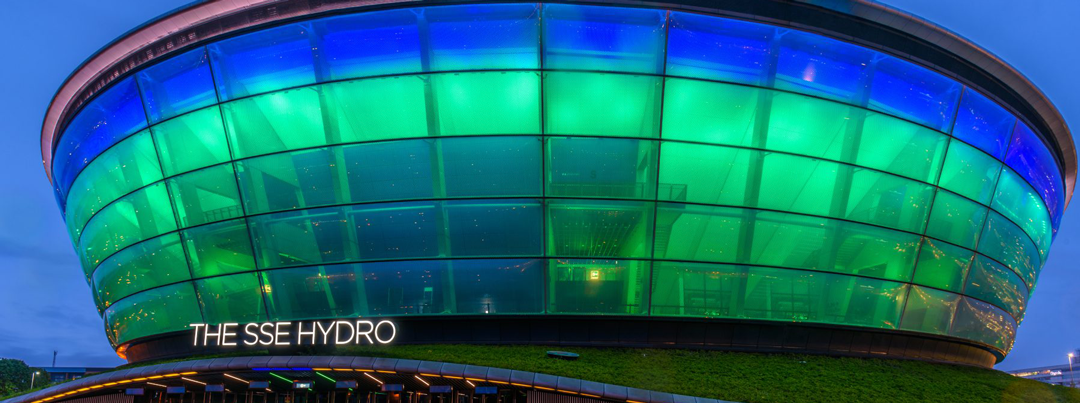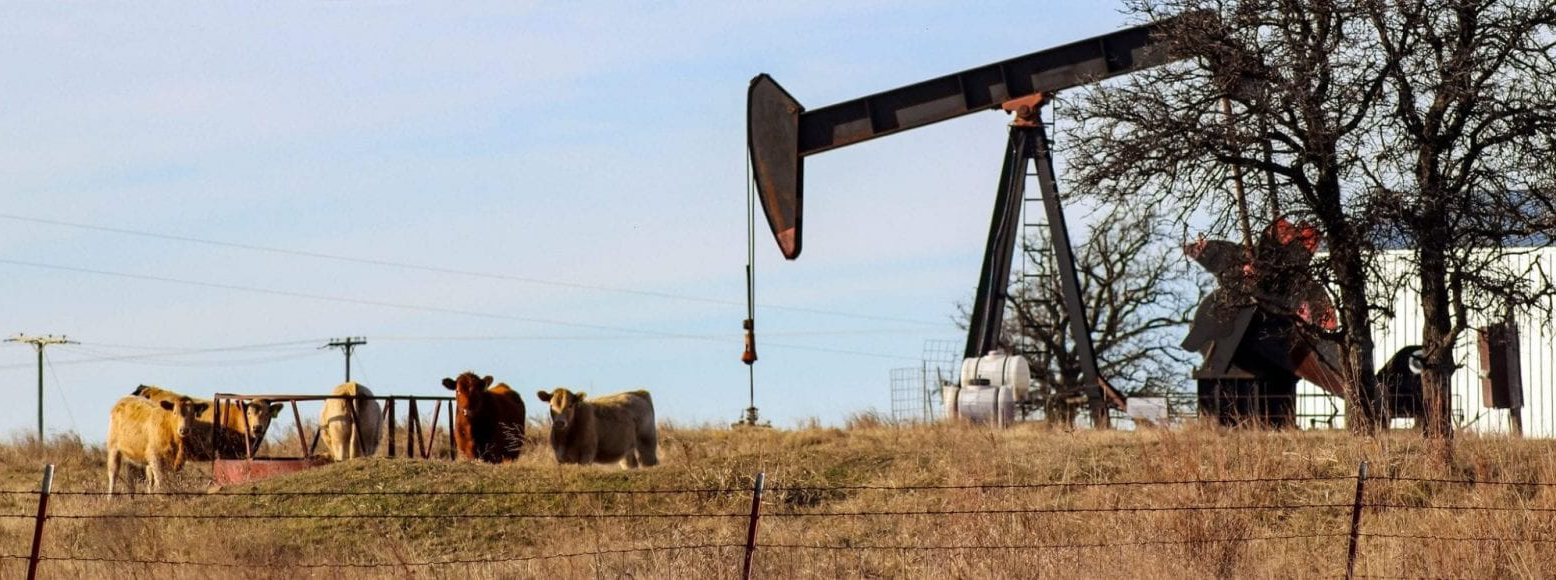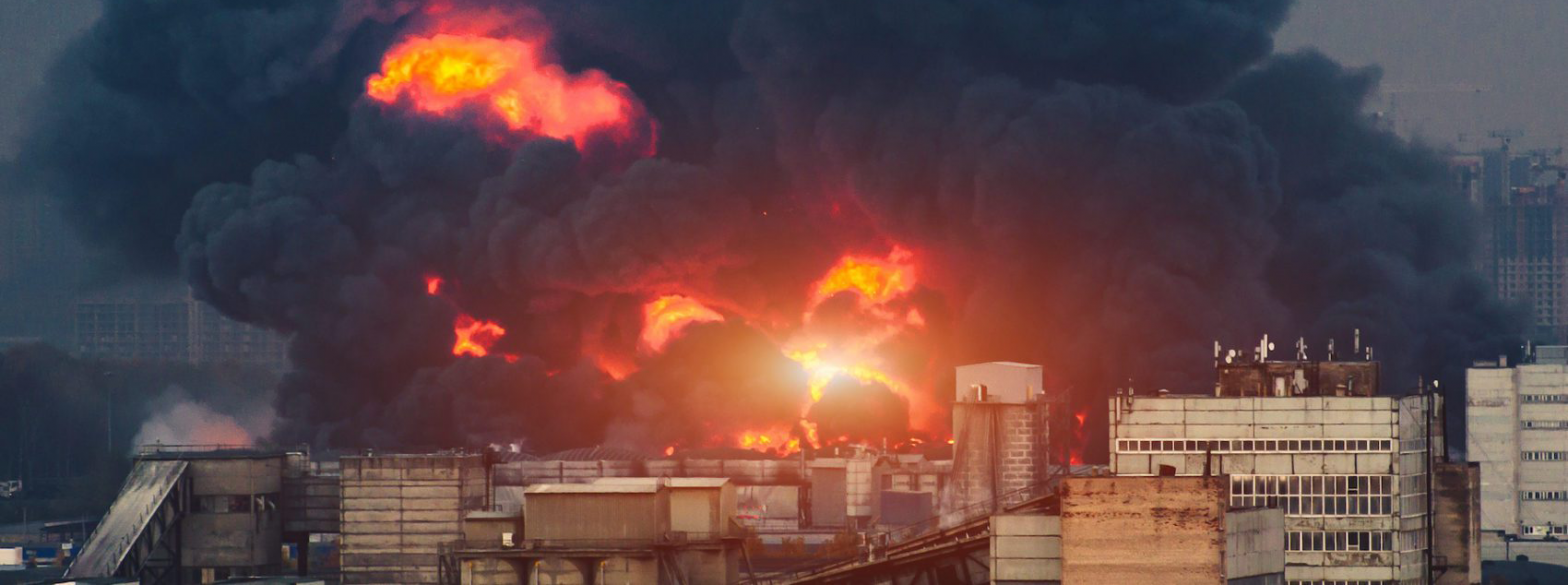Is Biden really going to start taxing cow farts?
Why do people keep describing methane emissions in annoying corporate terms like responsibly sourced-differentiated-mine’s-better-than-yours gas?
All the methane questions you were too scared to ask, answered:
1. New kid on the block
CO2 is like methane’s older sister: taller, louder, and stealing all the limelight. But methane is 84x as potent in climate terms as CO2 over a 20-year timeframe, so its abatement is a massive opportunity for near term progress on climate change. Here’s the science.
2. The bad news
The oil and gas industry is responsible for 84million tonnes of methane which equates to 7 billion tonnes of CO2 annually.
This equates to:
- 8x the aviation sector’s global CO2 emissions each year;
- All the CO2 emissions from the world’s cars and trucks;
- Double Europe’s total CO2 emissions; and
- 140% of the US’ annual CO2 emissions.
3. The good news
These methane emissions from oil and gas are largely avoidable. 75% of methane emissions from the oil and gas sector can be abated with current technology, according to the IEA.
4. Can’t do it without EU
The EU led the way with its publication of the Methane Strategy last October, and the bloc is currently looking into legislative methods to introduce mandatory monitoring, reporting, and verification (MRV) for all methane emitting sectors, as well as mandatory leak detection and repair (LDAR) programmes.
5. Joe’s crackdown
After rolling back Trump era changes to regulations on methane emissions in oil and gas earlier in the year, President Biden joined with the EU to recently urge countries around the world to join the Global Methane Pledge and reduce methane emissions by at least 30% below 2020 levels by 2030.
6. Plug the leaks
Methane emissions in the oil and gas industry occur through leakage, venting, and incomplete flaring during operations.
7. So what are you waiting for?
… gas producers, LNG operators, and other companies need to have a granular understanding of the level of leakages, as well as robust methane mitigation practices and adequate technology deployment to ensure they can actually address the issue at source.
8. Give them the goods
To get that understanding, producers, buyers and the public need a clear picture of the level of methane emissions across the gas lifecycle. Gas that has been graded based on its methane emissions performance creates differentiation between producers, judged by a critical environmental metric. In turn, this creates a new element of competition in the market – and a new incentive for producers to improve their emissions performance.
9. A leg up
That’s where MiQ comes in. We have developed a global solution for a global issue, grading gas on methane emissions to drive change in conjunction with regulation through a not-for-profit and independently audited certification standard, capable of providing the market for traded gas with the information needed to drive improvements.
10. You manage what you measure
Once producers know what their methane emissions are, it’s possible for them to abate up to 75% of total methane emissions from the oil and gas sector with existing technology such as early device replacements, compressor seals or rods, and upstream and downstream LDAR.
If this can be achieved by 2030, 5.7 billion tonnes of CO2e would be prevented from entering the atmosphere each year.
This would get us 17% of the way to halving global annual greenhouse gas emissions by 2030, just under half of the EU’s stated goal of 55%.
This is the equivalent of taking 1.2 billion polluting cars off the road by 2030.
11. So… Good COP?
Decisionmakers at COP26 need to sit up and pay attention on methane, particularly in easy-to-abate sectors like oil and gas. Targets on methane need to be more ambitious – the IEA estimates that 75% of total oil and gas methane emissions could be avoided, with nearly half of those being done at zero cost to the producer.
12. But… Bad COP
The world cannot afford for methane emissions to be ignored at COP. While CO2 also needs to be addressed, it can’t be at the expense of methane any longer. Clean energy is the future, but in the meantime, policymakers need to start rolling out robust targets to drive down methane emissions from natural gas.
MiQ is an independent, not-for-profit partnership between RMI and SYSTEMIQ aiming to bring about a rapid reduction in methane emissions in the oil and gas sector. We have designed a gas certification system which introduces natural gas to the market that has been differentiated based on methane emissions.
Get in touch with us at media@miq.org with any questions.



